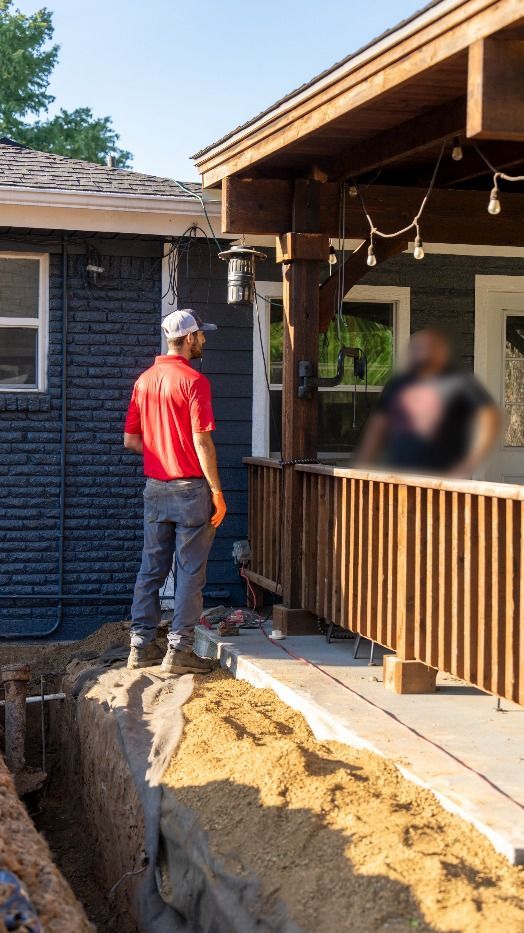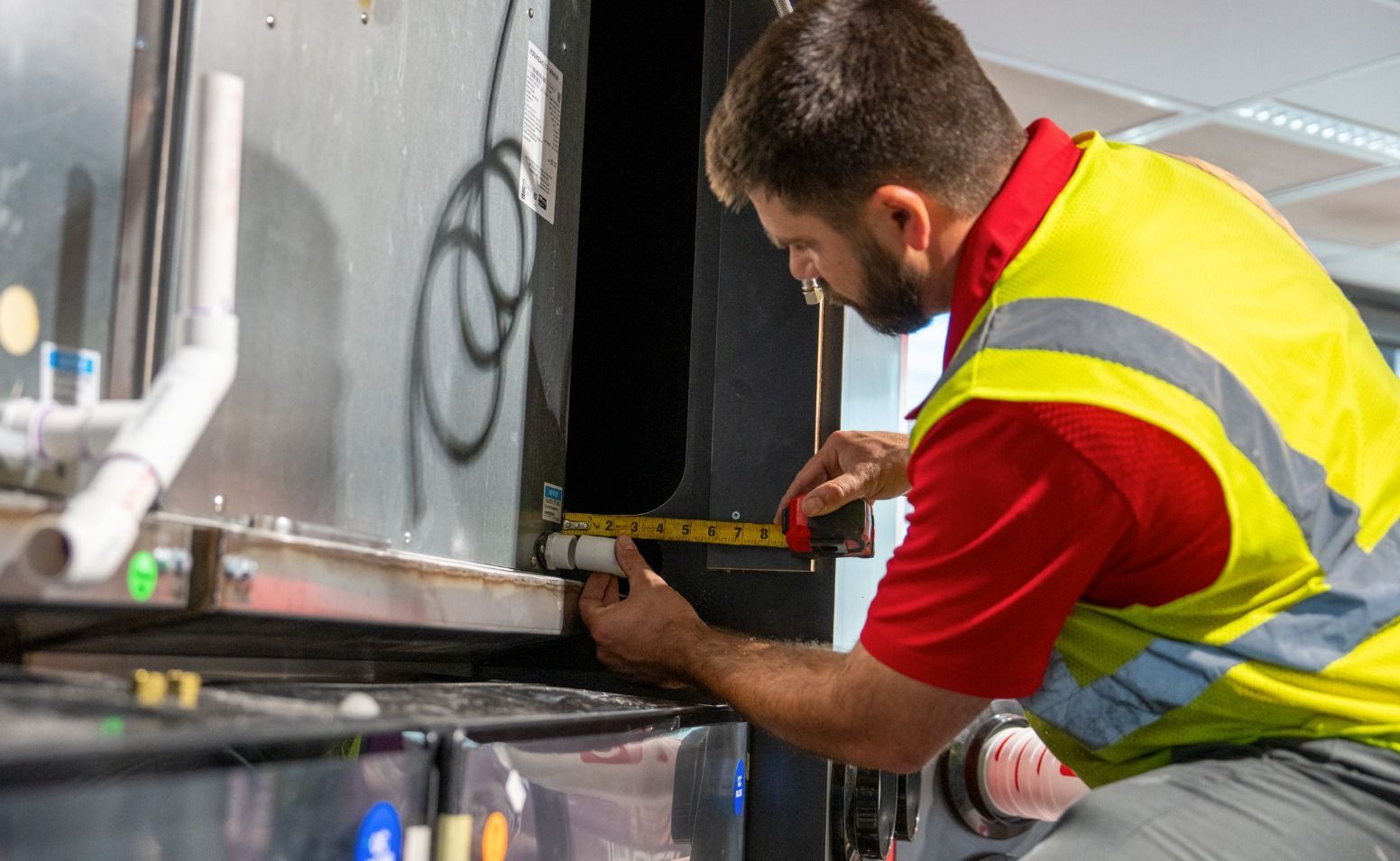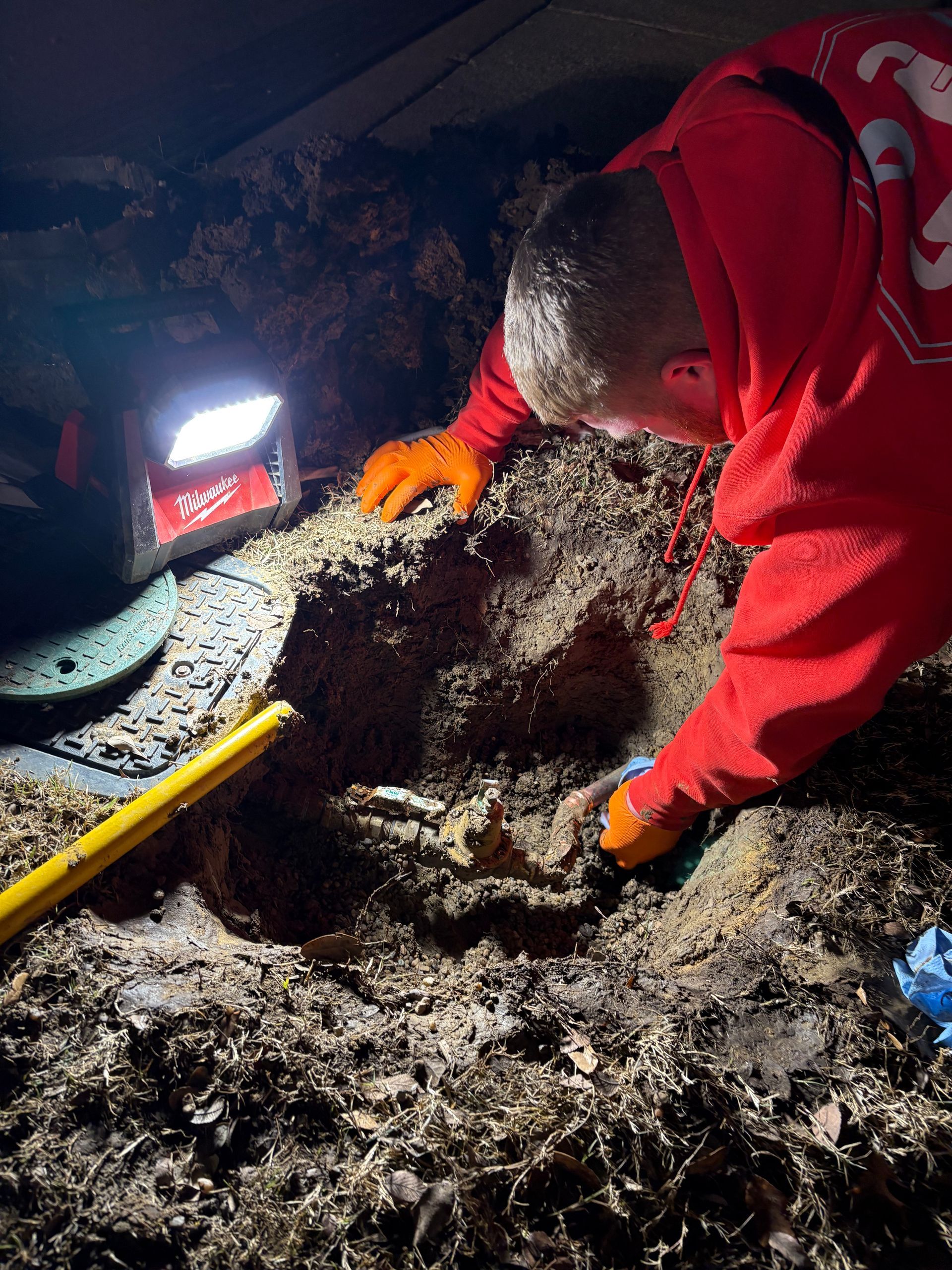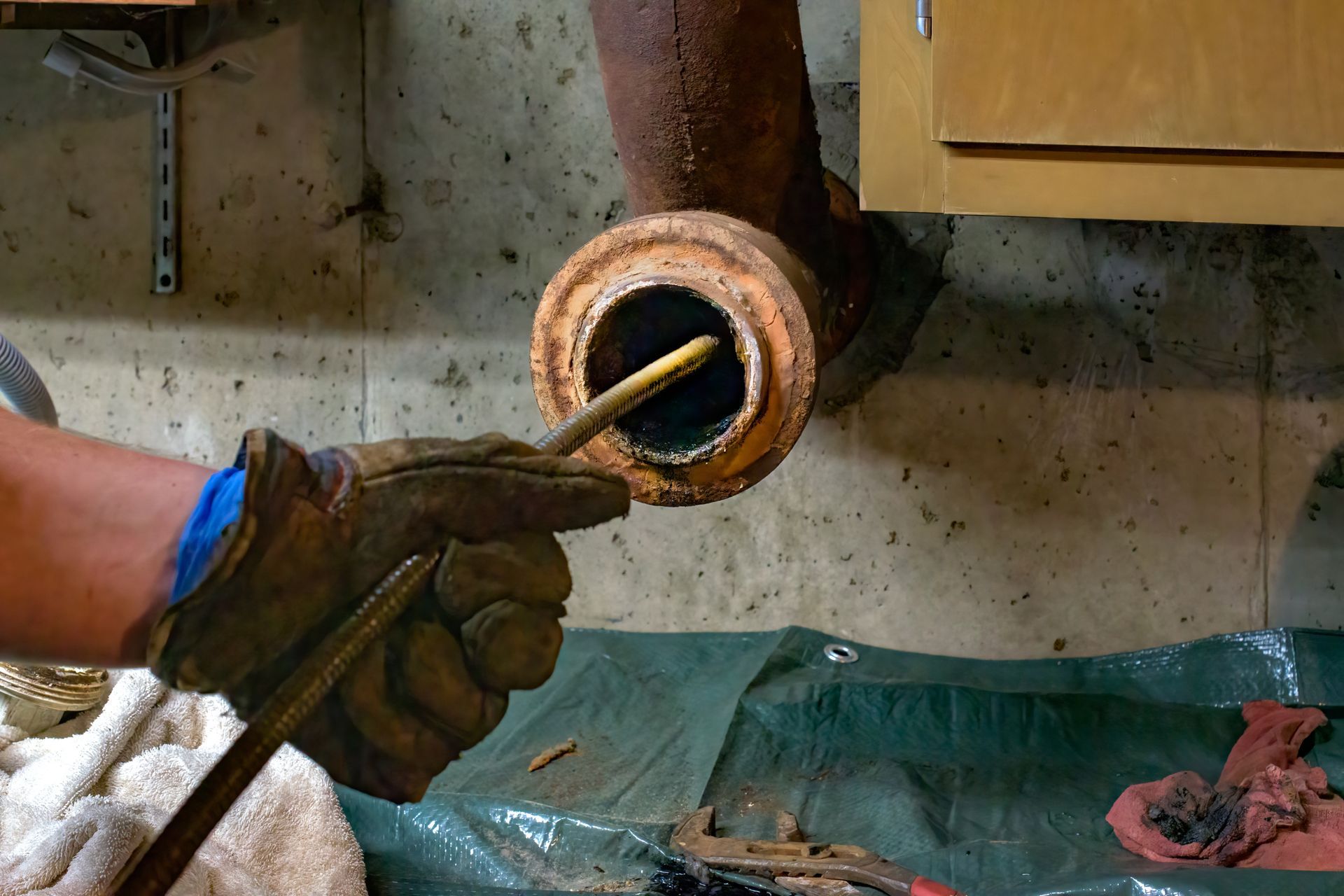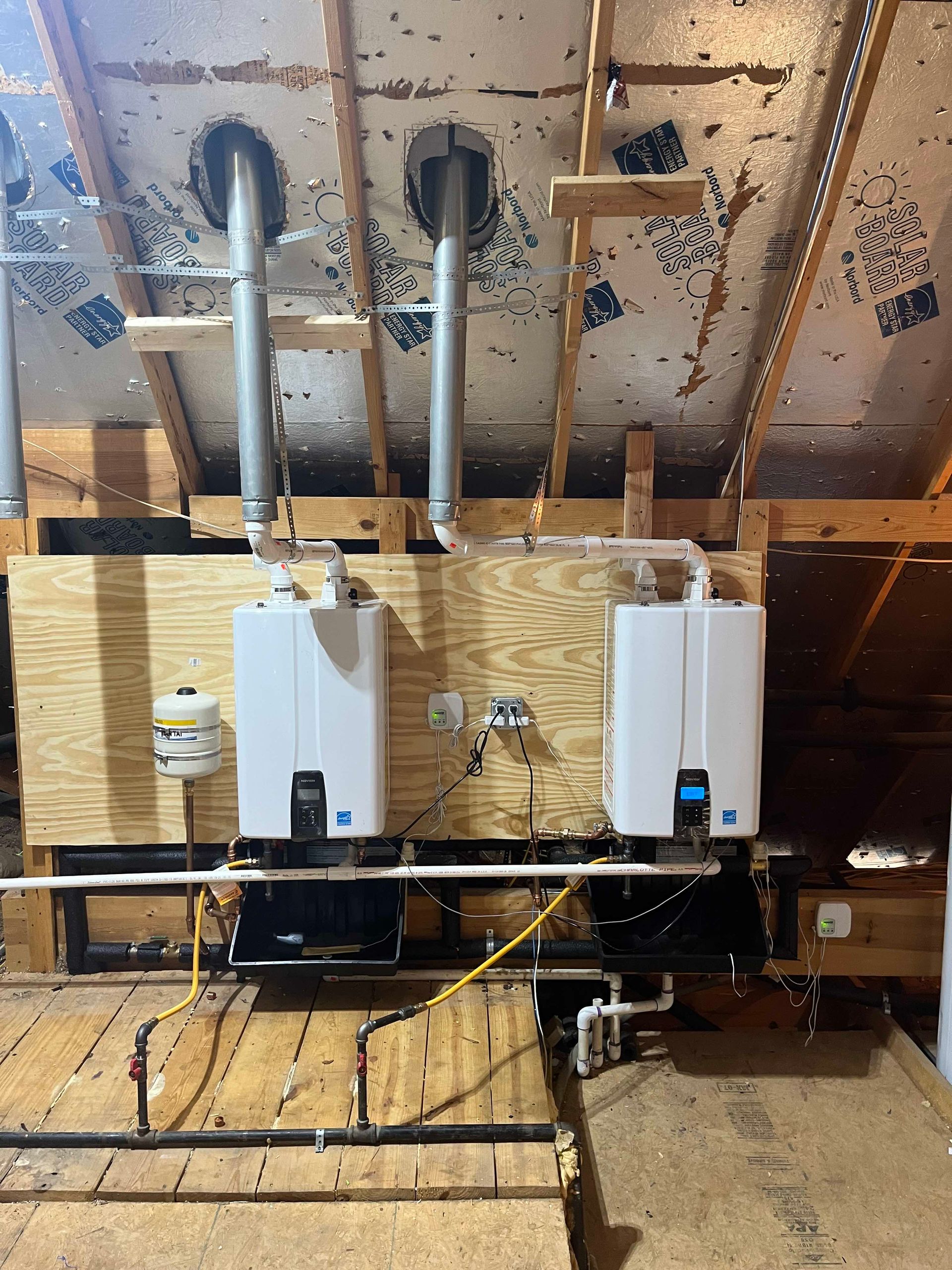
Had a clogged toilet due to roots in the plumbing. Deacon was amazing! Helpful, kind, and very understanding with a wealth of knowledge.if you have a any plumbing issue give them a call. honest estimates, on time and extremely professional. If you are lucky enough to have deacon show up you will be well taken care of.
TROY J.

